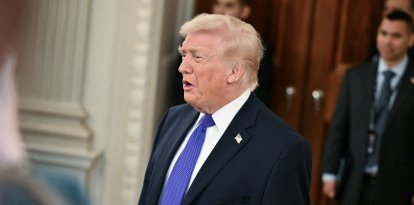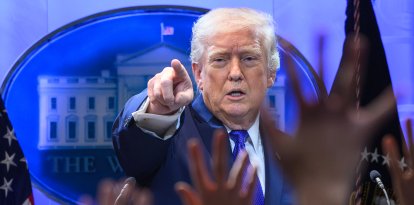Government bans sale of connected vehicles with Chinese and Russian technology
The ban also affects imports. The aim is to protect national security and Americans from "foreign adversary cyber threats."

BYD factory in China
The government announced Tuesday that there is a ban on the sale and import of connected vehicles with Russian or Chinese technology, be it hardware or software, as it is considered a national security risk.
Through a statement, the White House confirmed the ban, claiming that the goal is "ensuring that our automotive supply chains are resilient and secure from foreign adversary cyber threats."
Specifically, the rule, which was pushed by the Department of Commerce (DOC) beginning in September 2024, will apply restrictions on software technology from China or Russia beginning in 2027, while it will be implemented on hardware components beginning in 2030.
Vehicles increasingly have more sophisticated technology, including microphones and cameras, which facilitate cyberespionage. This led the DOC and the government to investigate and structure a plan to defend against external threats and which has concluded with the ban on the sale and import of models from Russia and China.
"This rule ensures that our critical infrastructure is not exposed to the risk of foreign adversary-controlled supply chains that could provide bad actors with the means to disrupt U.S. critical infrastructure," the White House said.
These threats do not only affect national security. "Beyond risks to critical infrastructure, the Department of Commerce assesses that certain hardware and software used in connected vehicles could enable mass collection of sensitive information, including geolocation data, audio and video recordings, and other pattern-of-life analysis," the administration added.
The rule will also apply to Chinese or Russian manufacturers that produce their vehicles in the United States.
























